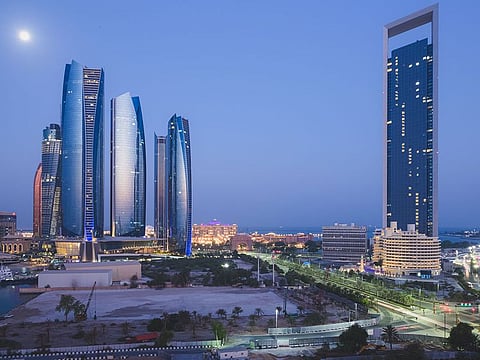Abu Dhabi’s Industrial Sector gains momentum with strong licensing growth
Number of active manufacturers in the emirate grows to 966

Abu Dhabi: Abu Dhabi’s Industrial Strategy (ADIS) has experienced heightened activity across its three licensing stages for industrial companies: Rowad (initial license for establishment), construction (beginning facility construction), and production (commencing operations).
Between July 2022 and June 2023, the number of new Rowad licenses granted increased by 16.6 per cent, from 204 to 238. Over 116 new Rowad licenses were issued during H1-2023.
Capital investments totaling Dh15.36 billion moved manufacturing facilities into the production phase, marking an 85.7 per cent growth from the previous year. Consequently, the overall capital investments by manufacturers in the emirate reached Dh384.06 billion, up from Dh371.64 billion a year ago.
The operational manufacturers in Abu Dhabi now amount to 966, showing an increase from 922 manufacturers at the close of H1-2022.
“The robust performance of the manufacturing sector is testament to Abu Dhabi’s ongoing economic resilience,” said Ahmed Jasim Al Zaabi, Chairman of ADDED. “Our manufacturing sector, which contributed 16.4 per cent to Abu Dhabi’s non-oil GDP in 2022 and represents 49.9 per cent of the total industrial sector in the UAE, is moving from strength to strength, powered by successful implementation of the industrial strategy’s transformational programmes.”
Abu Dhabi’s Department of Economic Development (ADDED) leads ADIS, aimed at fortifying the emirate’s status as the region’s prime industrial center. The strategy seeks to double the industrial sector’s size to AED172 billion, generate 13,600 skilled jobs, and boost non-oil exports to Dh178.8 billion by 2031.
ADIS involves an investment of Dh10 billion across six transformative programs: Talent Development, Industry 4.0, Circular Economy, Ecosystem Enablement, Homegrown Supply Chain, and Value Chain Development.
Sign up for the Daily Briefing
Get the latest news and updates straight to your inbox

_resources1_16a30b39183_medium.jpg?w=320&auto=format%2Ccompress&fit=max)



